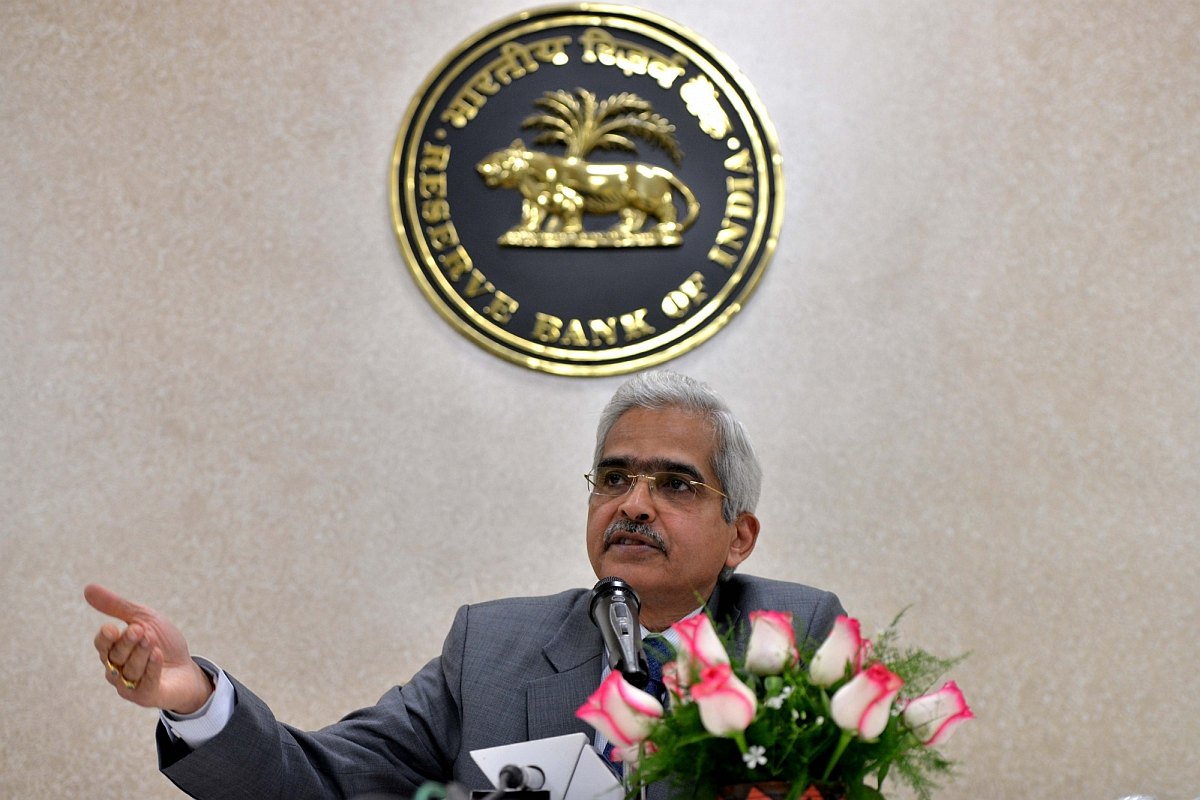Policy balance
The recent appointment of Sanjay Malhotra as Governor of the Reserve Bank of India (RBI), replacing Shaktikanta Das, signals a pivotal shift in India’s monetary policy dynamics.
It can be noted that the Indian economy contracted by 23.9 per cent in the first quarter of the fiscal year, and the RBI expects the economy to shrink by 9.5 per cent in FY21.

He further said that there are downside risks to growth across the world and also in India. (Photo: IANS)
Reserve Bank of India (RBI) Governor Shaktikanta Das on Thursday said that after seeing a sharp contraction in country’s GDP in the first quarter, Indian economy has recovered stronger than expected from the initial impact of the COVID-19 pandemic. He added that there is still a need to be watchful of demand sustainability after the end of festivities.
“We need to be watchful about the sustainability of demand after festivals and a possible reassessment of market expectations surrounding the vaccine,” he said during the annual day event of Foreign Exchange Dealers’ Association of India (FEDAI)
Advertisement
He further said that there are downside risks to growth across the world and also in India.
Advertisement
It can be noted that the Indian economy contracted by 23.9 per cent in the first quarter of the fiscal year, and the RBI expects the economy to shrink by 9.5 per cent in FY21. However, there has been recovery after the opening up of the lockdown restrictions, especially during the festive season.
After witnessing a sharp contraction in the economy by 23.9 per cent in Q1 and a multi-speed normalisation of activity in Q2, the Indian economy has exhibited stronger than expected pick-up in momentum of recovery, Das said.
Even as growth outlook has improved, downside risks to growth continue due to recent surge in infections in parts of Europe and also in parts of India, he said.
Das said regulatory reforms have moved the financial markets to the next trajectory amid the pandemic and affirmed RBI’s commitment to ensure an orderly conduct in the markets.
He also said that India will continue to approach capital account convertibility as a process, rather than as an event within a broad macroeconomic framework.
Advertisement